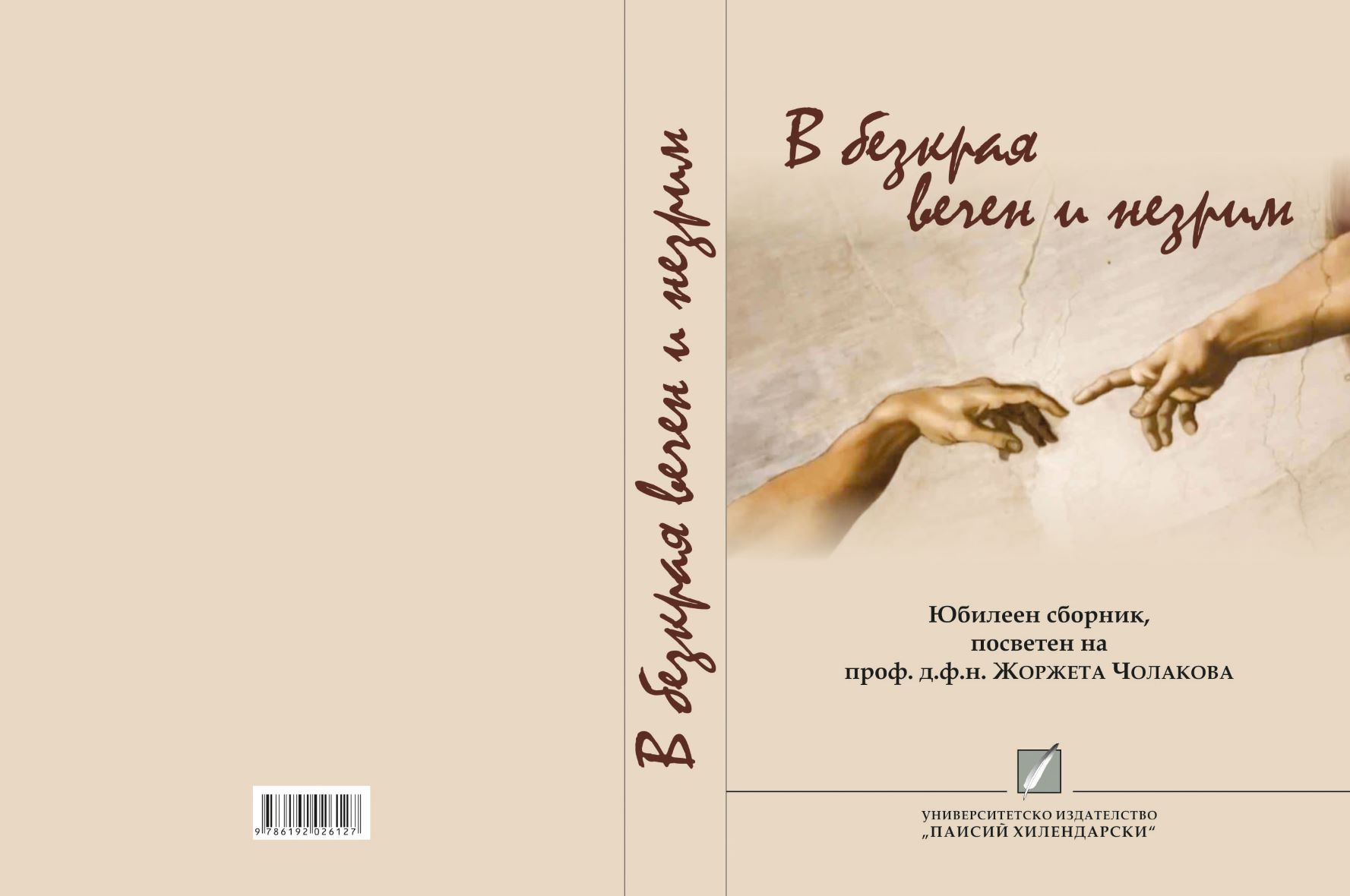"Тоска" у Ф. П. Достоевски
F. M. Dostoevsky's "Toska"
Metaphorical Conceptualization
Author(s): Yuliana Chakarova
Subject(s): Language studies, Language and Literature Studies, Applied Linguistics, Cognitive linguistics
Published by: Пловдивски университет »Паисий Хилендарски«
Keywords: Russian concept TOSKÁ; F. Dostoevsky; conceptual metaphor; melancholy/melancholia
Summary/Abstract: Building on Lakoff and Johnson’s Conceptual Metaphor Theory (CMT) and on the specificity of TOSKÁ in Fedor Dostoevsky’s discourse, in this paper I explore metaphorical models of the concept by outlining numerous experiential gestalts for it. As a basis for constructing conceptual metaphors such as TOSKÁ IS ENEMY, these gestalts provide insight into Dostoevsky’s (and his characters’) understanding of this emblematic Russian concept. A significant number of examples is provided to support each of the gestalts. In addition, the study outlines the microzones in the semantic macrofield of Dostoevsky’s TOSKÁ and their constituents in Bulgarian and English with focus on melancholy in one of the subzones. This semantic cognitive approach proves to be reliable in arguing the pertinence of using melancholy when translating toská into English (resp. меланхолия into Bulgarian) in some contexts. At the same time, the translator has to be aware of numerous other possibilities that exceed the boundaries of direct analogues in bilingual dictionaries and the terms used in academic studies of the phenomena.
Book: В безкрая вечен и незрим
- Page Range: 408-425
- Page Count: 18
- Publication Year: 2020
- Language: Bulgarian
- Content File-PDF

